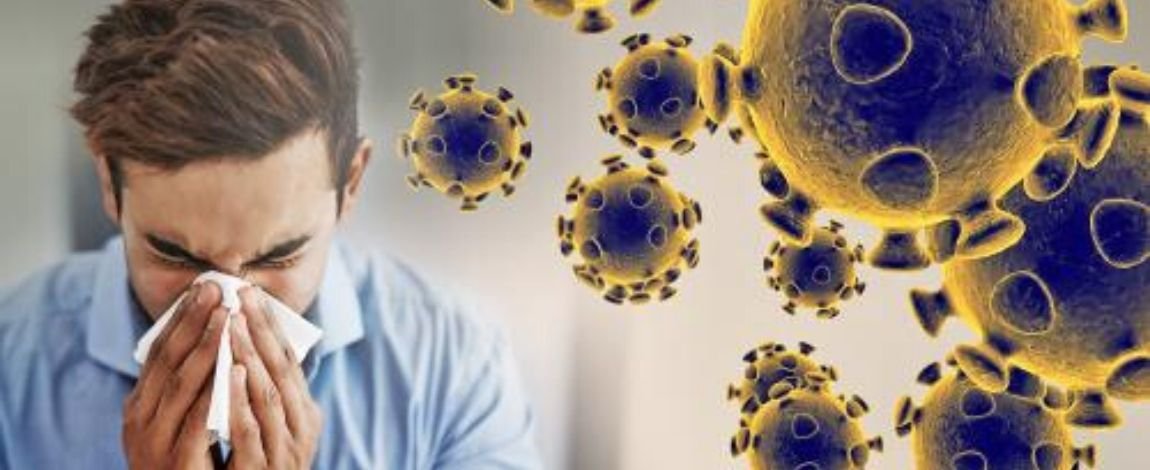COVID-19, a term coined by the World Health Organization (WHO), is broken down as ‘Co’ for corona, ‘Vi’ for virus, ‘D’ for disease, and ‘19’ for the year it was first identified in. More popularly known as coronavirus, it first surfaced in a seafood-poultry market in Wuhan, China. While the virus belongs to the same extensive family of viruses that have known to cause Middle East Respiratory Syndrome (MERS-CoV) and Severe Acute Respiratory Syndrome (SARS-CoV), the novel coronavirus (nCoV) is a new strain that has not been previously identified in humans. This is precisely what makes it dangerous. Much about this virus is still unknown; meaning, scientists are yet to pinpoint if age, pregnancy, location, race etc. affect the infection, and if so, in what way. Thus far, coronavirus has been confirmed to have spread in 83 countries apart from China with an alarming total of 95,421 cases of infection and a mortality rate of 3291. As the spread closes in on a pandemic, it has become more prudent than ever that we make a conscious effort in safeguarding ourselves against it.
What Makes COVID-19 Dangerous:
Hailing from a family of popular epidemic-causing viruses is the least of what is lethal about this strain. What makes it truly devious is that it is spread through the most menial of human actions such as coming into physical contact with the respiratory droplets of an infected person (caused by their sneezing or coughing), or touching a surface that has caught these infected droplets. Since the virus is known to stay virulent for several hours after being exposed to a surface, the chances of one getting infected through coming into contact with these contaminated surfaces is high. Virulent as the virus may be, simple disinfectants have known to be able to kill it. This is where personal care can ensure you stay safe, and it may well be the way that helps in eradicating the virus for good.
Common Symptoms Known To Be Caused By The Virus:
Not only is its mode of transmission exactly like that of a common cold’s, its symptoms are almost exactly the same too, especially in early stages. Some of the most common symptoms have noted to be fever, cough, and shortness of breath. More rarely, pneumonia can be brought in as a symptom and the disease could be fatal. It is the similarity between the symptoms caused by COVID-19 and the common cold that makes seeking help even for a seemingly innocent cough very crucial.
Preventive Measures to Stay Safe:
- Start with frequently washing your hands, and carry a hand sanitizer with at least 60% alcohol content with you at all times.
- Avoid close physical contact with anyone showing signs of a cold.
- Seek medical help immediately if you or your ward shows any of the aforementioned symptoms.
- Cover your sneezes and coughs with a tissue or a flexed elbow to avoid a spread, and dispose of the tissue after use. Wearing a medical mask is advised if you have been showing the telltale symptoms to keep others from contracting it.
What To Do If You/Family Member Seems Symptomatic:
Get medical care immediately and inform your care giver of any recent travel they might have had or if they have come into contact with anyone who has travelled.
What Precautions To Take If You Travel:
Avoid the travel, but if you must, ensure any surface you come into close contact with such as airplane seats, tables arm rests, door knobs of hotels you will be staying at etc. are cleaned with alcohol-based disinfectant wipes. Personal and respiratory hygiene measures should be followed more stringently.
Some Wild Myths Circulating Social Media:
The upsurge of false rumors circulating the social media platforms, particularly Whatsapp forwards, has been dubbed by WHO as ‘infodemic’.
While some rumors have found to lack any concrete evidence, some are simply untrue:
- When the first cases of coronavirus were identified in India, a Whatsapp forward started doing rounds suggesting non-vegetarian food was to be avoided and recommended more consumption of Vitamin C. Even in areas of outbreak, meat, so long as it has been cleaned and cooked thoroughly, has been safe for consumption.
- An advisory by the Ministry of AYUSH (Ayurveda, Yoga and Naturopathy, Unani, Siddha, Sowa Rigpa and Homeopathy) falsely claimed homeopathic medicines could prevent coronavirus. Even now, a product claiming to ‘cure’ coronavirus seems to be selling on Indiamart for Rs. 1000 per kilogram.
- ‘Face mask can protect you from the virus.’ It really cannot. The face mask prevents an infected person from infecting another through sneezing or coughing. Even so, washing of hands frequently is a must that has to be followed, mask or otherwise.
- ‘It’s not safe to receive a package from China.’ Untrue. The virus can only survive on a surface for hours and requires a specific environment to live like that at all. The conditions in which packages get delivered are highly unfavorable.
It is prudent you refer only to truthful articles from verifiable sources when reading up about the virus. False and unproven statements can keep you from getting help the right way and following accurate preventive and precautionary measures.

